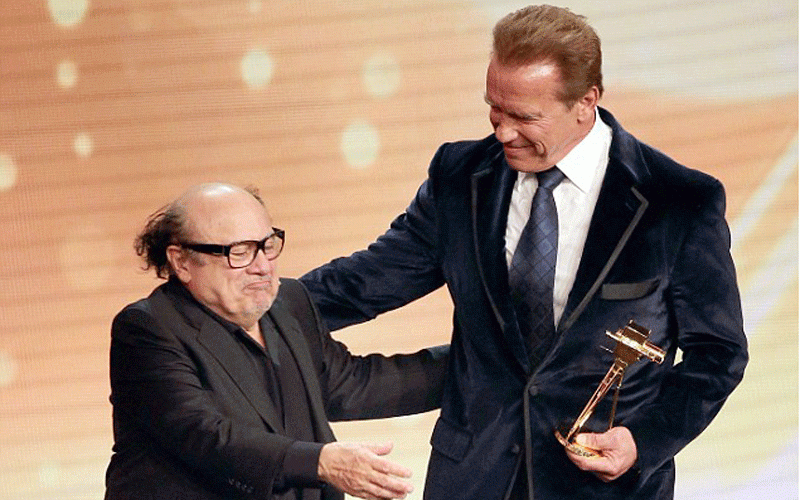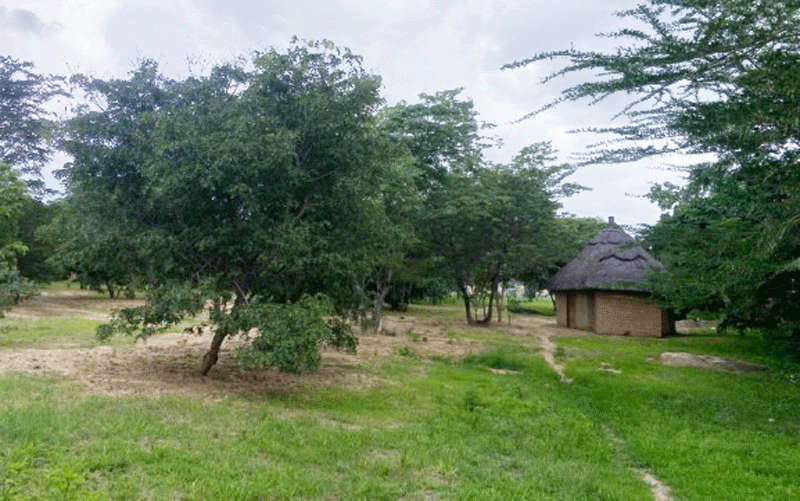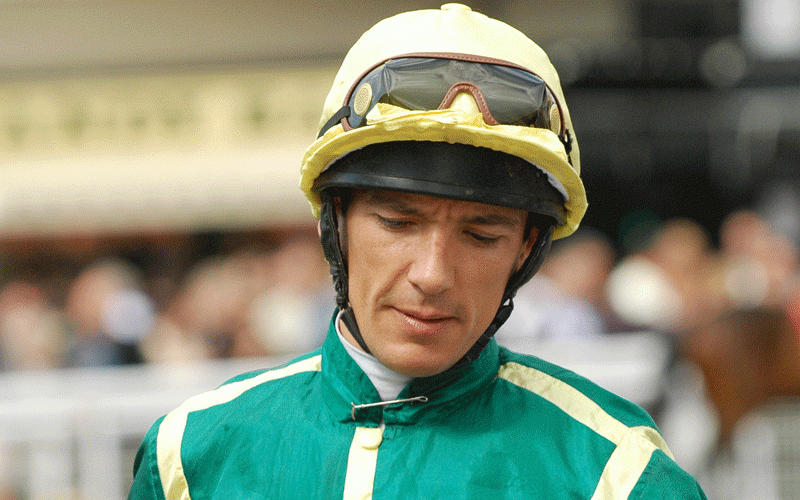
The ‘Flight of Angels’ is one of the star attractions for any visitor to the Victoria Falls as they offer a unique view of the Falls to the interested tourist. It is a wonderful 12-minute flight, so-called the ‘Flight of Angels’ as any Zimbabwean will know on account of the phrase coined by David Livingstone on first seeing the Falls: “Scenes so lovely must have been gazed upon by Angels in Their Flight”. The helicopter affords a special view of the Falls and their surrounding area in a vast panorama; they say that “Up there in the air you can look at a millennia in time in just one gaze.”
In general terms, helicopters do obviously have pros and cons with regard to flying. On the positive side, they allow passengers to fly closer to their final destination; they can afford access to areas otherwise unavailable; they enable quick and easy lift-off. That is why helicopter rides are so popular at the Falls. However, in contrast to normal aeroplane flights, helicopters can carry less passengers and little luggage; they are not good in bad weather; they need three times as much maintenance; they only have a short range; they are not cheap; they are slower; they make a lot more noise; and finally, we might just note, there is no ejector seat available!
Of course, in education, we now have the term “helicopter parent” which was first coined in 1990 by Foster Cline and Jim Fay after children described how their parents hovered over their every movement. This is the expression that is used to describe parents who pay extremely close attention to their child’s every experience and problem. Such parents are seen to be obsessed with the fear of failure and will prevent their child experiencing it at all costs. They oversee all aspects of the child’s life; they take control of every aspect. They hover over their child at all times!
As with helicopters, there is no question that such parents have some positive points about them; they do show a real and close interest in their child; they are active in their child’s life and development; they are deeply concerned and passionate for what happens in their child’s life; they take their responsibility seriously. They like to have a close-up view of all their child is doing. No-one could ever fault that of any parents; let us give credit where credit is due. But it is important to understand that helicopter parenting is not helpful, especially with teenagers. There are serious down sides to helicopters, as noted above, and also to helicopter parents.
The problem with “helicopter parents” who hover over their child’s every experience is found in the word, hover. If we think about it, those things that hover in nature are generally doing it while waiting to pounce on something — an eagle soaring high in the air, a vulture circling above, a bee waiting to suck. Then comes the swoop! To hover is to be over something. The “helicopter parents” hovering over their child are all over them —over-protective, over-sensitive, over-anxious, over-cautious, over-suspicious. They are on the look-out, anticipating what is going to happen and are ready to swoop at the slightest movement or opening. The flight quickly turns into a fight.
We have to consider what lessons a child is learning from parents hovering over them. One crucial lesson is that a “helicopter parent” shows no trust. The parent does not trust the child (in which case, whose fault is that?); the parent does not trust the school; the parent does not trust society (seeing everyone as a threat); the parent does not trust anyone. However, in doing so the parent is depriving the child of an opportunity to earn the trust, of her right to fly on her own.
Furthermore, the “helicopter parent” does not allow his child to take responsibility for her own life and actions. The “helicopter parent” will fly in to sort out any mess the child may make, any omission she may have made; such a parent will excuse the child, will prompt the child, will act for the child, which only leads to the child not doing anything, and therefore not having any self-esteem. Children need to learn for themselves, often through their mistakes.
While helicopters are useful in emergencies and over short, limited distances they are also costly, noisy and send up clouds of dust when close to the action. The same may be said of a “helicopter parent”; as a result, they may need to be grounded at times. If they are not, our little angels will be the ones put to flight and their fall will be the greater.
- WHAT AN INTER(esting) VIEW!
- Parenting by degree
- School of sport: We still have a problem
- Robin Hood and parenthood
Keep Reading
Tim Middleton is the executive director of the Association of Trust Schools [ATS]. The views expressed in this article, however, are solely those of the author in his private capacity and do not necessarily represent the views of the ATS.
email: ceo@atschisz.co.zw
website: www.atschisz










